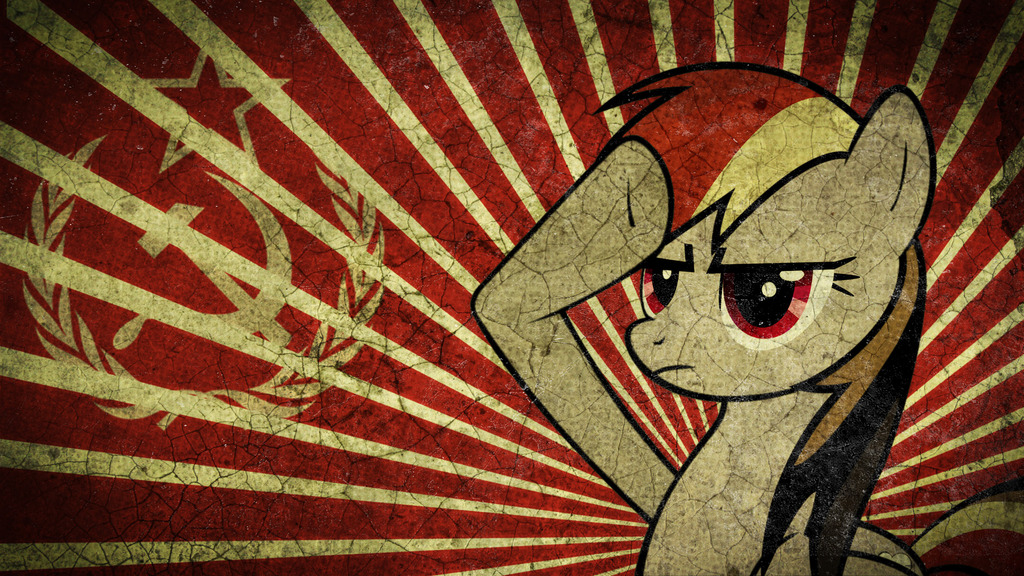Let’s say that the many, many people who are needed to do (relatively) unskilled labor such as restaurants, factory, retail, etc. are not needed to do those jobs anymore due to them being fully automated.
It’s relatively easier to automate those sorts of jobs, but what about the ones that require much more skill: doctors, lawyers, plumbers, electricians. These would take more time to automate compared to the more basic jobs. So when these basic jobs are all lost due to automation, but the skilled ones are remaining, what would a communist/socialist society do to solve this?
Would they force some people to learn how to do these needed jobs in case of a shortage? Would they allow the unemployed masses to survive without labor? What do you think?


There’s a little to unpack here. The profession must be distinguished from the institution of law. And the implied notion that law is about fairness and justice must be challenged.
I don’t disagree that people will use tech to their advantage. If the rich can afford to use more tech, for more advantages, of course they’re going to do it.
Simply_surprise suggested the law profession was at risk of being replaced with AI. I agree.
I responded that law itself will not survive the revolution to communism. It will exist during socialism.
I’m not 100% sure what you’re asking. I didn’t say that the bourgeoisie would want to abolish robo lawyers.
I think the idea of robo lawyers may be a bit futuristic. Al can be used to automate tasks, such as contracting, buying land, etc. This already exists. But AI cannot replace human lawyers because law itself won’t exist if there are no humans involved.
A central feature of law is the rule of law, which entails formal equality. The law as a profession and as an institution cannot stand any denial of this formal equality. It is part of the bedrock.
Formal equality is one foundation of a system that turns any dispute into a legal dispute. Including political disputes.
This is one of the central functions of human rights law. This is part of the system by which workers are convinced to litigate and ask for human rights protections, within the confines of the legal system, which forecloses political awareness and political action. The bourgeoisie is not going to undermine this system easily. Although the bourgeoisie isn’t always that bright, so they may do so by accident. But if workers don’t turn to law, they’ll turn to direct action and politics, and the bourgeoisie does not want that.
Just to be clear, law is not a universal phenomena. It can and will be dissolved as an institution. Pashukanis predicts that this will happen during the transition to communism. The bourgeoisie could dissolve law by accident and get us halfway there, in the same way that concentrating the proletariat while creating a huge reserve army of labour will create a force powerful enough and the incentive to overthrow capitalism.
You’re possibly suggesting that rich people will use AI lawyers while the poor are not granted access? That already happens but, again, workers cannot be denied outright without threatening the legal system itself. Even now, if Sally sues Amazon, Amazon is sending a $10,000s retainer to it’s legal team before Sally’s sole lawyer sends her a $1,000 bill. The legal team will use AI if there’s an advantage to the partners of the firm. Workers don’t need to be denied if they’re simply out-spent. And doing it this way means we can all keep pretending that the legal system upholds fairness and justice, which it never has and likely never will.
My comment was directed at this from your previous comment:
However, looking back at that comment I think I may have misunderstood what you were saying. I thought “crush[ing] that possibility” was the use of AI lawyers, but a second look at your comment I originally replied to as well as your response to me makes me think that the possibility that is being crushed is instead the streamlining of law to be more cut and dry and less opaque to reason about, reducing or even eliminating the need for people trained in legalfu. To retain power, the state would either require writing legislation in a way that outlines how workers are to be fucked without the veil of inscrutable esoteric legalese or make fair laws only to flagrantly violate them. This would make the bourgeois legal system the proverbial emperor with no clothes, undermining the air of legitimacy required for the human rights law trickery you outlined to work, among other things.
If that’s what you were getting at, I agree with you.
That’s a good way to put it. I think we agree. And I could have been clearer!